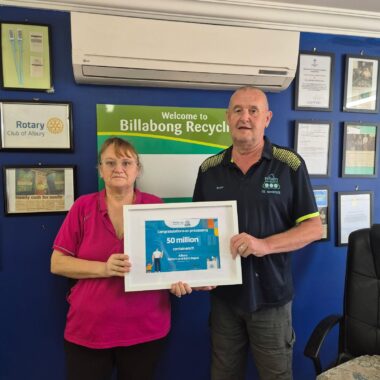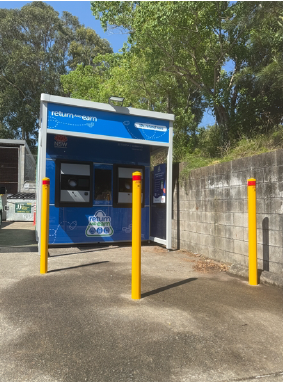FOR IMMEDIATE RELEASE
THURSDAY 31 OCTOBER 2024
“Airborne hazard”: Air pollution endangers kids at thousands of schools and childcare centres
A NEW CLIMATE COUNCIL REPORT reveals one in six schools and childcare centres in our capital cities are exposed to air pollution from busy roads, heightening the risks of asthma and respiratory conditions.
“Airborne hazard: How air pollution harms our kids” reveals 827 schools and more than 2,300 childcare centres in Australian capital cities are within 100 metres of a busy road.
See the full methodology in the analysis for more details.
|
KEY FINDINGS
|
Climate Councillor and public health physician, Dr Kate Charlesworth, said: “Spending time playing outdoors should be joyful, but when you live, work or play near busy roads it can also make you sick. Children, who are still developing and breathe faster, are among the most vulnerable. We know that inhaling air pollution can be as bad for them as sucking in secondhand cigarette smoke. As a mum and as a doctor, I want to see fewer and fewer people showing up unwell in our health system because of air pollution.
“The good news is that we can reduce transport pollution by cleaning up our vehicles and investing in shared and active transport. There’s no reason why we can’t be doing more to clean up our roads and our lungs at the same time, right now. We’ve started cutting transport pollution with electric vehicles and encouraging people in our cities to use shared and active means of getting around, but we need to move faster.”
Climate Council CEO, Amanda McKenzie, said: “Air pollution is insidious and kills more than three times as many Australians as traffic accidents. Burning coal, oil and gas releases toxins and climate pollution that is harming our health and creating havoc in the environment.
“Our kids deserve to breathe clean air, and we can pass on a safer and healthier future. We already have about 40% of renewables powering our country, accelerating renewables and phasing out polluting cars and fossil fuels is crucial to cutting air and climate pollution this decade.
“Let’s give more people in our cities better travel options. So it’s easier for more people to use shared and active means of getting around our cities - like walking, riding a bike, or taking public transport - more often. This will rapidly clean up our neighbourhoods, reduce air and climate pollution at the same time, and create healthier and safer spaces for our kids to thrive in.”
Dr Harriet Fesq, Board Chair Parents for Climate said: ‘’Sending your child to a school near a busy road where they are exposed to harmful air pollution is every parent's worst nightmare. As parents, safety is our top priority and good air quality should be a given when it comes to the places we send our kids to learn, play and grow.
“We can't treat kids' lungs like air pollution filters - it causes serious health risks and is a significant cause of death globally. Kids need protection to develop strong, healthy bodies and are particularly vulnerable to damage from air pollution from the time they are in the womb.
“The good news is that we know how to cut traffic pollution and clean up our neighbourhoods. This is a once-in-generation opportunity that will cut climate and air pollution, whilst paving the way for better outcomes in health and learning for our kids.''
ENDS
For interviews with Dr Kate Charlesworth and Amanda McKenzie please contact the Climate Council media team on 0485 863 063, [email protected].
About us:
The Climate Council is Australia’s leading community-funded climate change communications organisation. We provide authoritative, expert and evidence-based advice on climate change to journalists, policymakers, and the wider Australian community. For further information, go to: climatecouncil.org.au or follow us on social media: facebook.com/climatecouncil and twitter.com/climatecouncil


